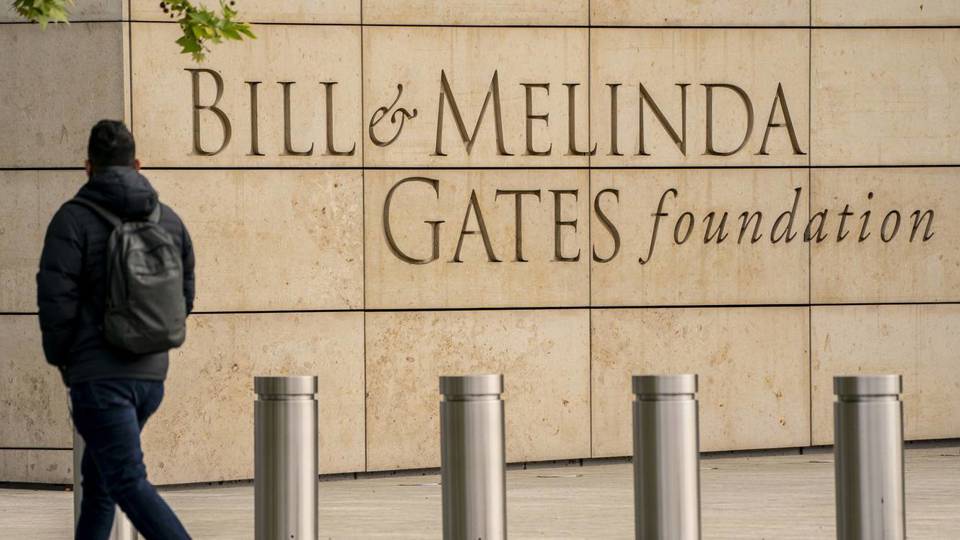
Philanthropy is not a substitute for government action in areas like health, education, and the distribution of income and wealth, but it can advance public goods and improve human well-being. The key is to design institutions that deliver the reputational benefits that donors crave.
FORT LAUDERDALE – The biggest election year in history is unfolding at a time when rising wealth and income inequality are fueling polarization and undermining social cohesion in many countries. Average income levels and overall economic performance seem to make little difference; widening gaps between haves and have-nots are becoming a practically universal phenomenon, and they increasingly translate into sharply divergent visions of what constitutes economic and social progress. This makes governance difficult, at best.










